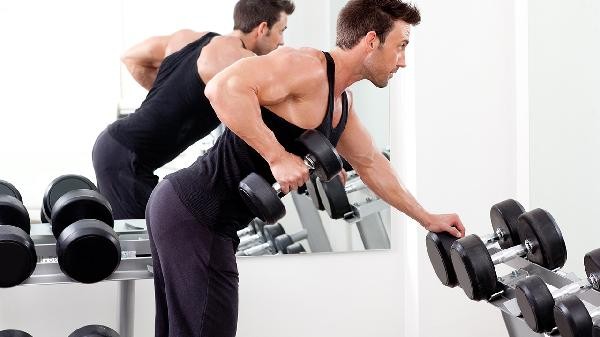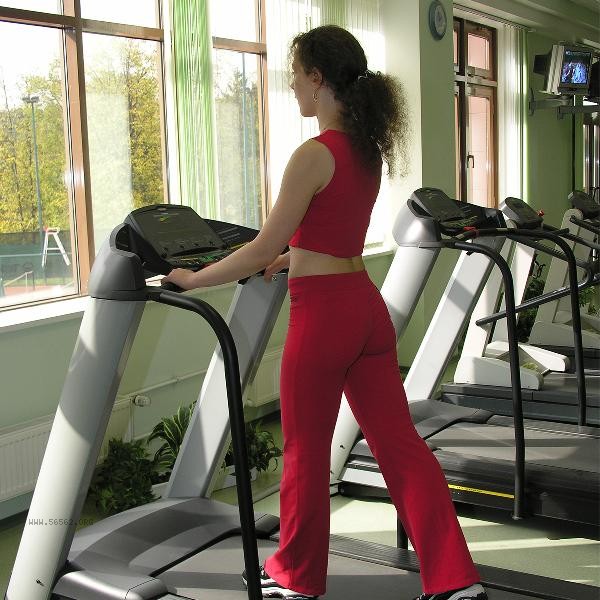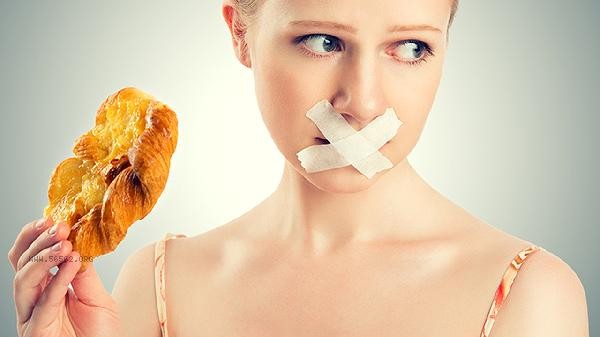During weight loss, moderate consumption of sports drinks is recommended, but caution should be exercised when choosing based on the intensity of exercise and physical needs. Sports drinks are mainly divided into sugar containing and sugar free types, and their effects are closely related to exercise intensity and electrolyte loss. When engaging in moderate to high-intensity training and sweating heavily within one hour after exercise, sports drinks containing electrolytes can help quickly replenish minerals such as sodium and potassium, preventing dehydration or electrolyte imbalances. These types of beverages usually contain moderate amounts of carbohydrates, which can provide energy support for sustained exercise and are suitable for consumption after high-intensity sports such as marathons and soccer. However, regular sugary sports drinks may contain more than 25 grams of added sugar per 500 milliliters, and long-term excessive consumption may increase calorie intake, which in turn affects the weight loss effect. After daily low-intensity activities such as walking and yoga, there is less electrolyte loss in the body, and regular drinking water can meet the needs. Although some sugar free sports drinks use sugar substitutes instead of sucrose, they may stimulate appetite and lead to an increase in implicit calorie intake. Some people may have gastrointestinal discomfort after drinking, and diabetes patients need to pay more attention to the potential impact of sugar replacement on blood sugar. Some sports drinks with added vitamin B have no additional benefits for non exercise populations.

When choosing sports drinks during weight loss, attention should be paid to the ingredient list, and low sugar or sugar free formulas should be prioritized to avoid using sports drinks as a daily hydration supplement. After high-intensity exercise, it is recommended to consume 4-6 milliliters of liquid per kilogram of body weight. For regular fitness, it is recommended to choose natural electrolyte sources such as coconut water. At the same time, maintaining the intake of fresh vegetables and fruits in the diet, naturally supplementing minerals such as potassium and magnesium through foods such as salmon and bananas, and combining regular exercise can achieve healthy weight loss.








Comments (0)
Leave a Comment
No comments yet
Be the first to share your thoughts!